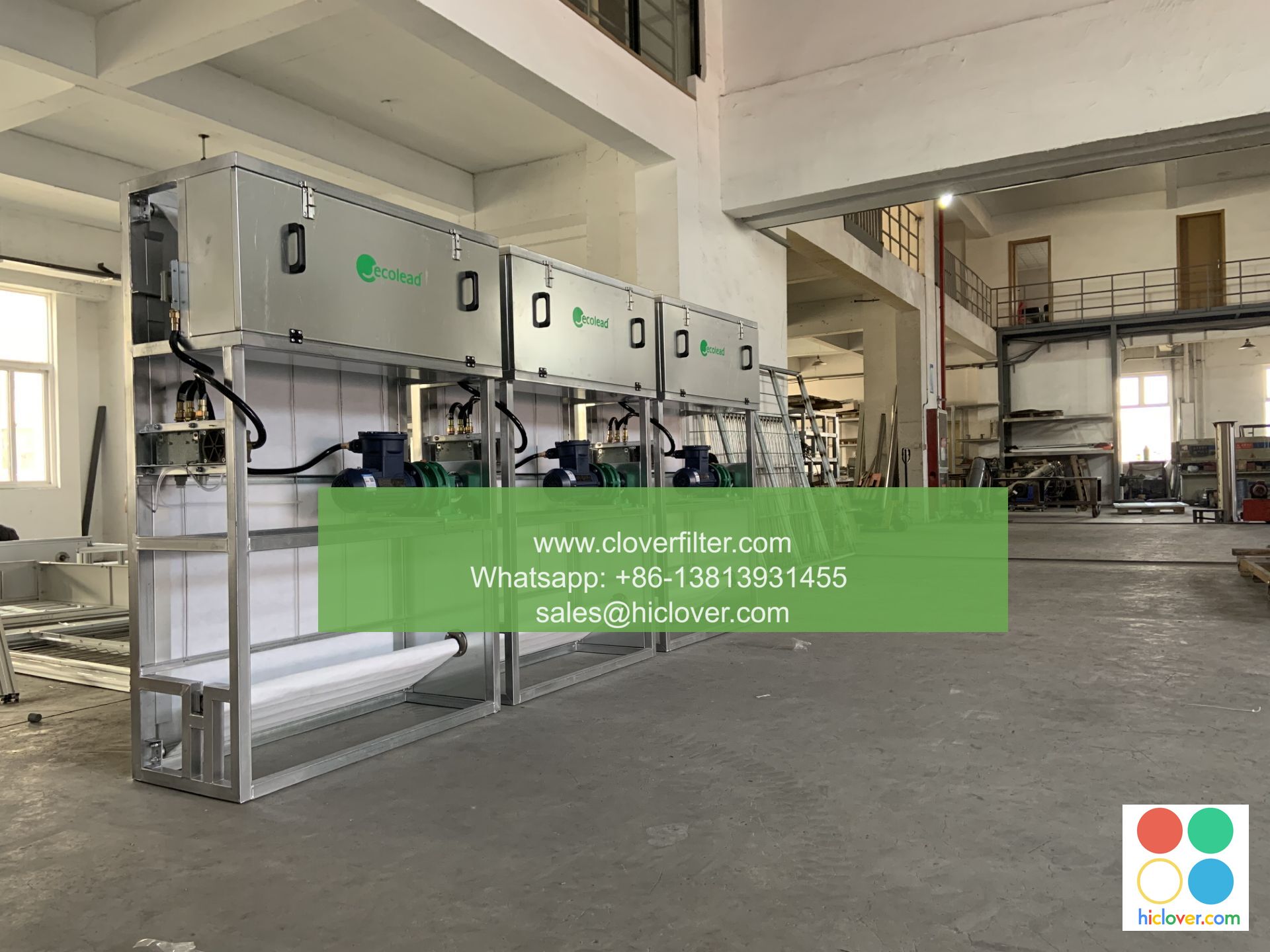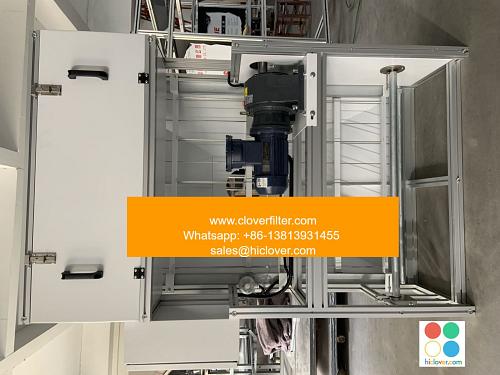The Importance of Air Filter Installation for Efficient Performance

Air filter installation is a crucial aspect of maintaining efficient performance in various applications, including heating, ventilation, and air conditioning (HVAC) systems, industrial processes, and cleanroom technology. The primary function of an air filter is to remove particulate matter, gases, and odors from the air, thereby improving indoor air quality (IAQ) and preventing equipment damage.
Benefits of Air Filter Installation
The benefits of air filter installation are numerous and far-reaching. Some of the key advantages include:
* Improved air quality: Air filters help to remove pollutants, allergens, and bacteria from the air, creating a healthier environment for occupants and equipment.
* Increased energy efficiency: By reducing the amount of particulate matter in the air, air filters can help to lower energy consumption and reduce costs.
* Extended equipment life: Air filters help to prevent equipment damage caused by corrosion, erosion, and clogging, thereby extending the life of HVAC systems, industrial equipment, and other critical systems.
* Reduced maintenance: Regular air filter installation and maintenance can help to reduce the need for frequent repairs and replacements, saving time and money.
Application Areas for Air Filter Installation
Air filter installation is essential in a wide range of application areas, including:
* Residential HVAC systems: Air filters help to improve indoor air quality and reduce energy consumption in homes and apartments.
* Commercial HVAC systems: Air filters are critical in commercial buildings, such as offices, hospitals, and shopping centers, where indoor air quality and equipment performance are paramount.
* Industrial processes: Air filters are used in various industrial applications, such as manufacturing, pharmaceuticals, and food processing, to remove particulate matter and gases from the air.
* Cleanroom technology: Air filters are essential in cleanrooms and laboratories, where ultra-clean air is required to prevent contamination and equipment damage.
Types of Air Filters
There are various types of air filters available, each with its own unique characteristics and applications. Some of the most common types of air filters include:
* HEPA filters: High-efficiency particulate air filters that can capture 99.97% of particles as small as 0.3 microns.
* Activated carbon filters: Designed to remove gases, odors, and volatile organic compounds (VOCs) from the air.
* Pleated filters: A type of mechanical filter that uses a pleated design to increase the surface area and improve filter efficiency.
Conclusion
In conclusion, air filter installation is a critical aspect of maintaining efficient performance in various applications. By installing high-quality air filters and maintaining them regularly, individuals and organizations can improve indoor air quality, reduce energy consumption, and extend equipment life. Whether it’s for residential, commercial, or industrial applications, air filter installation is an essential step towards creating a healthier, more efficient, and more productive environment. Prompt

